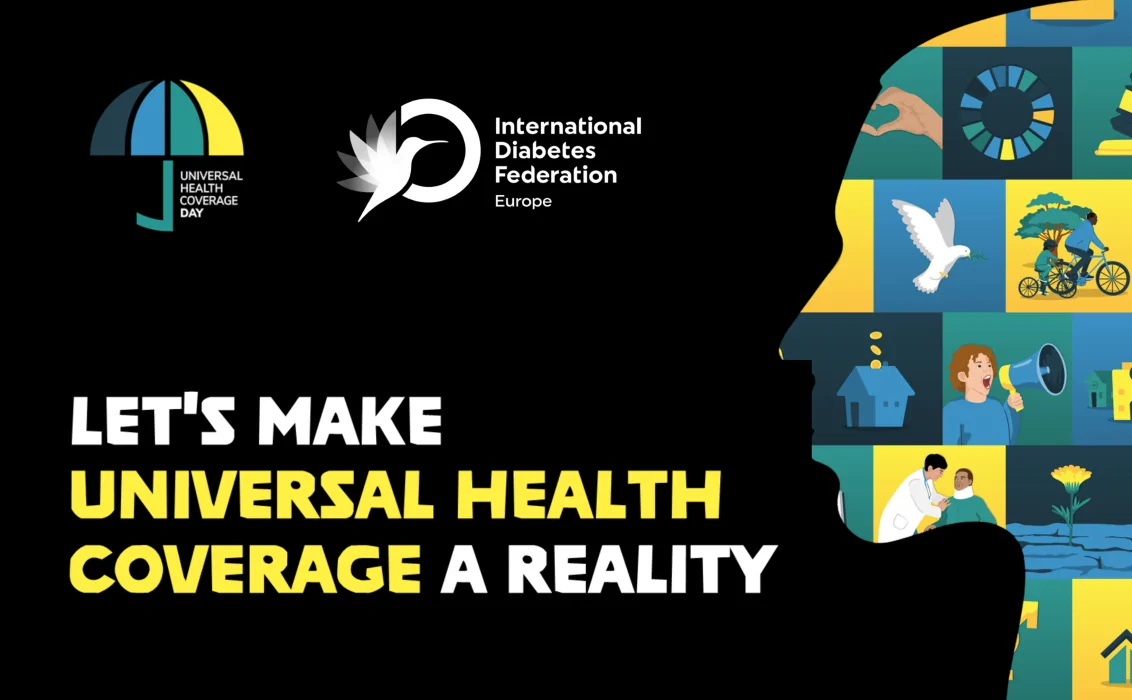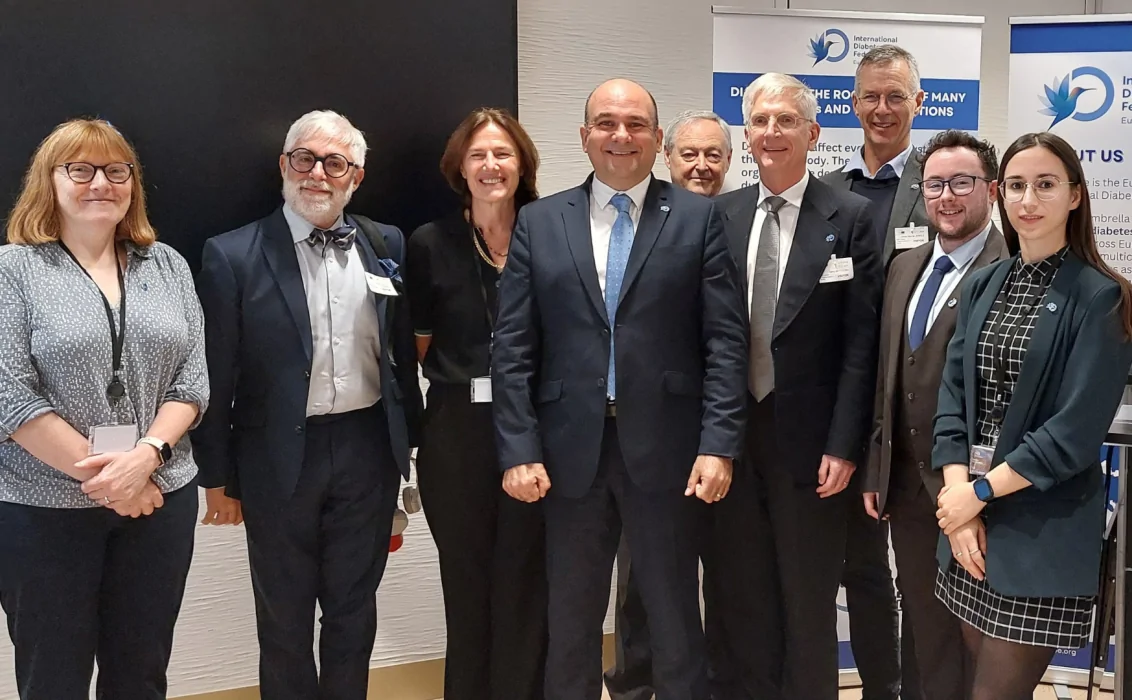As 2024 draws to a close, we are reminded that health is a fundamental human right that can only be realised if universal health coverage (UHC) becomes a reality. It is enshrined as a human right in the World Health Organization (WHO) Constitution, which states that:
“The enjoyment of the highest attainable standard of health is one of the fundamental rights of every human being without distinction of race, religion, political belief, economic or social condition.”
Yet, despite this recognition and remarkable recent advances in prevention and care, many people living with diabetes (PwD) are still not able to achieve optimal health outcomes nor enjoy their best possible quality of life.
Underpinning this is the fact that diabetes and other chronic conditions are deeply complex, rooted in environmental, commercial, socio-economic and genetic factors. Their prevention, care and management are also multi-layered: effective prevention strategies require a bold and ambitious health-in-all-policies approach – one that addresses the urban environment, living and working conditions, food systems, labour, education, transportation, housing and more. Diabetes care spans across specialties and care levels, with multidisciplinary teams including general practitioners, nurses, endocrinologists, cardiologists, nephrologists and others. For PwD, diabetes management is also complicated and time-consuming. It demands 24/7 attention and requires uninterrupted access to affordable medicines, technologies and supplies as well as self-management education and psychological support.
Over the past few years, we have made incredible strides in understanding this complexity and its challenges, and in designing innovative solutions based on integrated and person-centred models of care often supported by the digitalisation of health systems. But the challenges remain daunting. The number of PwD continues to rise; one third of them remain undiagnosed, about half do not meet health targets and often preventable complications still account for 75% of diabetes-related health expenditure.
To make UHC a reality, we must uphold the four pillars of the right to health as outlined by WHO: availability, accessibility, acceptability and quality. Accomplishing this requires collaboration and commitment from all stakeholders and, most importantly, the involvement of those with lived experience to shape meaningful solutions.
On November 28, at the close of Diabetes Awareness Month, IDF Europe and WHO Europe held a webinar to reflect on the progress and lessons learned since the signing of our joint Declaration one year ago, which urges policymakers to uphold their commitments on diabetes and meet global health targets. The webinar highlighted the growing momentum and upcoming opportunities for the diabetes community to unite and strengthen its collective voice. As the UN High-Level Meeting on Non-communicable Diseases (NCDs) approaches, we need to strengthen engagement with policymakers to ensure a strong, ambitious political declaration gets adopted – a catalyst for transformative action, driving forward progress on diabetes in the years to come.
As we continue to champion UHC, we invite individuals and organisations to join and amplify our efforts by signing the Declaration.
Together, United, Let’s Act on Diabetes



